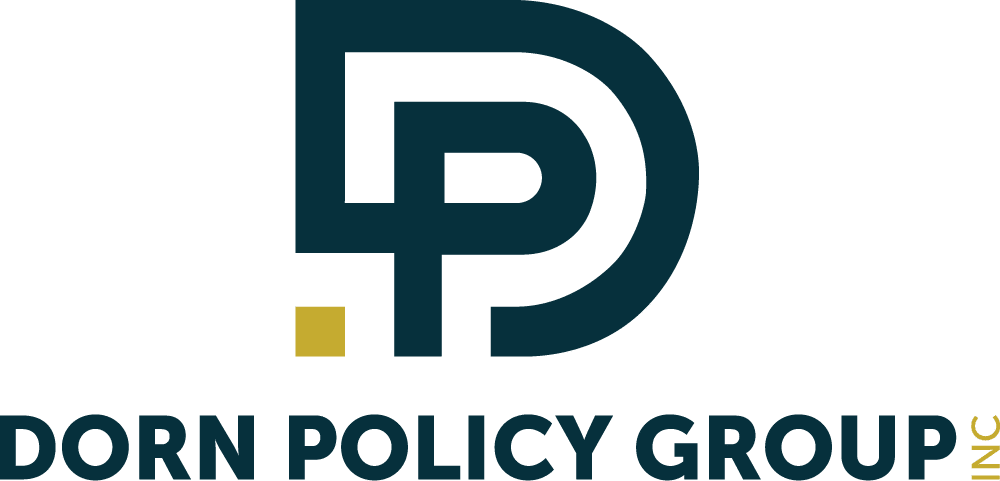A career in lobbying can be very rewarding as lobbyists are individuals who aim to influence political decisions. Lobbyists advocate at the local, state, and federal government for issues that align with the interests of a company, organization, or individual. Having exceptional verbal and written communication skills are a must. While the path to becoming a lobbyist can vary from person to person, there are some actions that can help accelerate the process and help you be successful in your lobbying career.
Lobbyists can give a voice to businesses and individuals by making their opinions and concerns heard by key policymakers. Lobbying for specific issues does not guarantee a favorable outcome, but it does get you a seat at the table. This is important when it comes to policies and decisions that might affect you or your business.
What Is Lobbying
Plain and simple, lobbying refers to the act of influencing and persuading local, state, or federal policymakers. Whether it is in support or opposition of a certain issue, a lobbyist’s job is to advocate for the stance that will best align with the interest of the company, organization, or individual the lobbyist is representing. Having a passion and deep understanding of a specific policy area will go a long way when trying to break into the field and proving your worth to lobbying firms or elected officials.
General Requirements
Although you can become a lobbyist in several different ways, these recommendations will help you on your journey to entering the lobbying field.
- Bachelor’s degree – A degree in public relations, journalism, communications, political science, law, or economics are all good degrees to get started in. You can also get a degree in a field you’re passionate about and minor with a political science or law degree to get familiar with policies.
- Internships – Internships are a great way to earn real-world experience and learn more about the legislative process. Students can work in political campaigns as a congressional aide or for any agency or group requiring legislative representation. They can also help you earn credit towards your degree. Even with all of this, internships offer you a chance to start to build your professional network.
- Networking – One of the most important aspects of becoming a lobbyist is networking, as relationships with other lobbyists and policymakers will take you far in the field. Internships will give you exposure to this by providing you with a network of politicians, policymakers, and legislators that can lead to job opportunities once you begin your professional career. Creating and building relationships in your network will allow you to influence and persuade others during your career.
Register
Once you begin your career in lobbying you will need to complete a registration form. In this form, you will include contact details, what client you are representing, the issues you are lobbying for, and the stance. Additionally, every quarter you will fill out a report with your current contacts and lobbying activities. After you have registered, it is up to you to work independently or for a lobbying firm.
Lobbyist Certification
Another way to quickly get into the field of lobbying is by enrolling in the lobbying certification program offered by the American League of Lobbyist, based in Washington D.C. While this certification is not required, it does give a quick overview of what the lobbying industry looks like.
Dorn Policy Group Will Advocate For You
As a leading Arizona-based lobbying and public affairs firm, we provide our clients with strategic counsel to advance our client’s ultimate goals. Dorn Policy Group works with all levels of government including federal, state, county, municipal, district, and tribal government entities. Contact us today to learn more about how Dorn Policy Group can help you achieve your goals.

